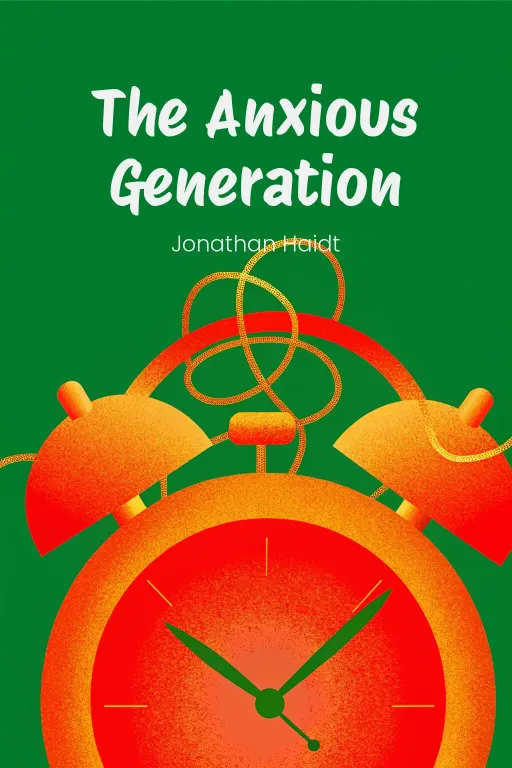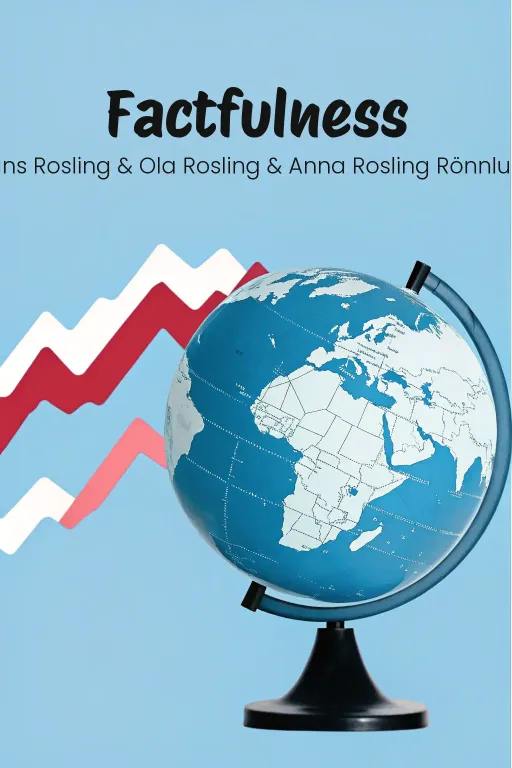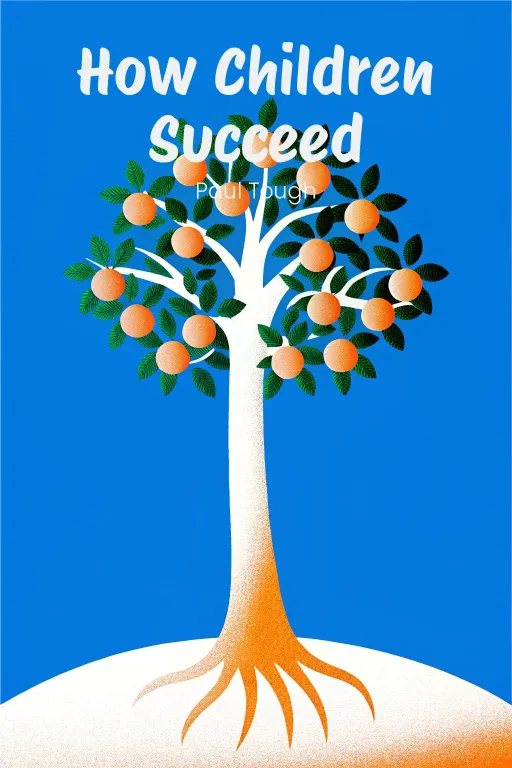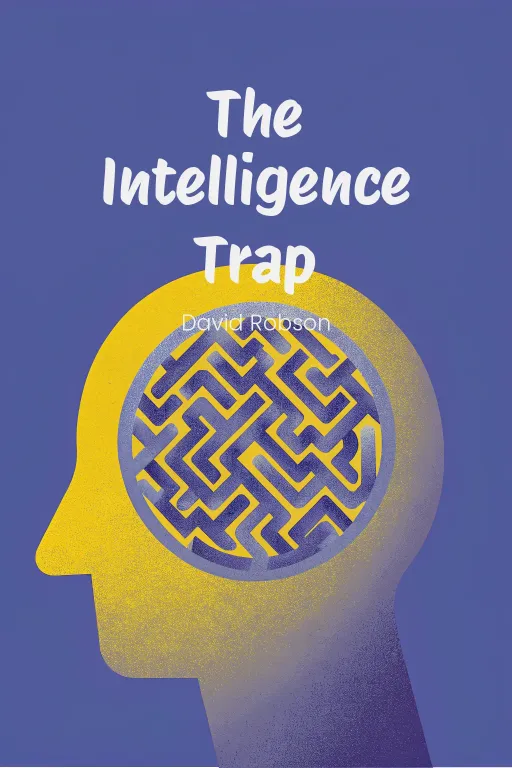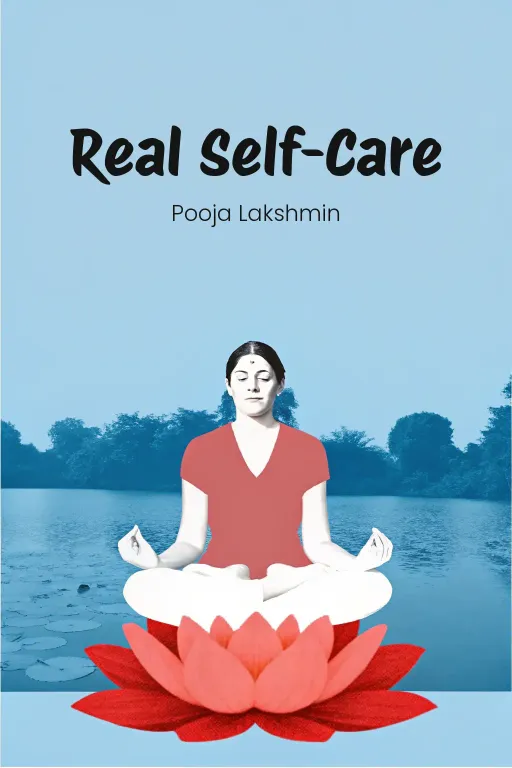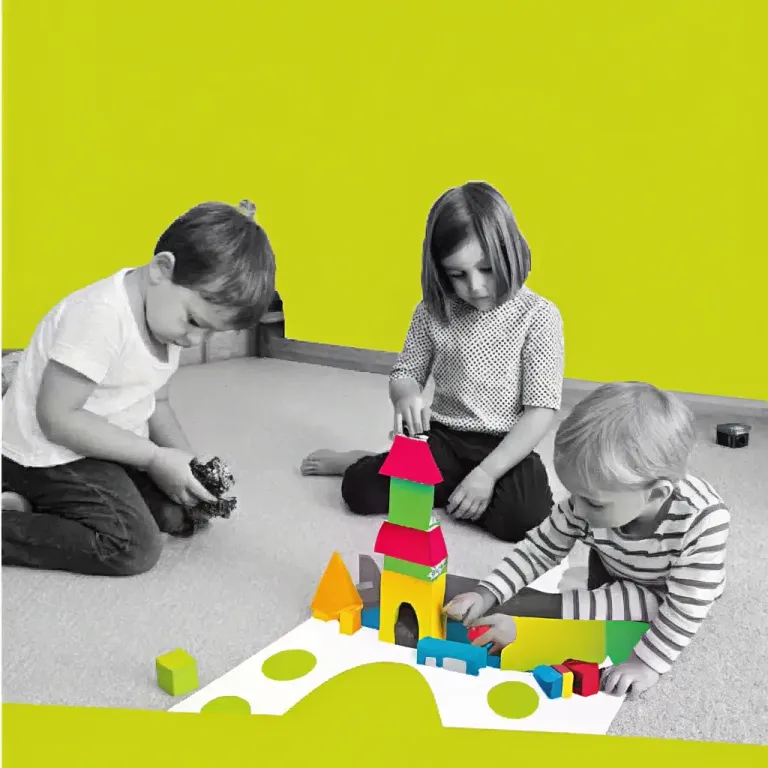
Raise Resilient Kids: Reclaim Playtime!
Podcast by The Muse's Minute with Brian
How the Great Rewiring of Childhood Is Causing an Epidemic of Mental Illness
Raise Resilient Kids: Reclaim Playtime!
Brian: Ever wonder if today's kids are growing up in a totally different world than we did? That's the heart of Jonathan Haidt's eye-opening book, "The Anxious Generation." I'm Brian, and on The Muse's Minute, we explore books that spark creativity. Haidt's work is crucial for understanding how we foster resilient, creative minds in this new landscape, exploring why anxiety has surged among young people. Brian: The single most vital idea Haidt presents is this: we've accidentally swapped a rich, developmentally crucial play-based childhood for a limiting and often harmful phone-based childhood. Think of it like this: the phone-based world often acts like a walled garden – neat, maybe, but ultimately restricting exploration and real growth. A play-based childhood is more like exploring an open field – messier, sure, with bumps and challenges, but it's where kids authentically learn resilience, problem-solving, and how to truly connect. And the inspiring spark? Haidt shows us we can consciously reclaim this essential real-world experience. It's not just nostalgia; it's fundamental for mental well-being and letting those creative sparks truly fly. Brian: So how did this happen so fast? Haidt points to a dramatic decline in unsupervised free play, something that started decades ago but got supercharged when smartphones hit the scene around 2010. Remember roaming the neighborhood till the streetlights came on? Compare that to today: the average teen spends around seven hours daily on screens just for entertainment, while real face-to-face social time has dropped significantly. This isn't just about kids missing out on scraped knees; it's a fundamental shift with real consequences. Haidt outlines serious harms, like social deprivation. Less real-world practice means weaker social skills and deeper loneliness. Then there's attention fragmentation – constant pings and notifications literally rewire brains, destroying the ability to focus deeply, a skill absolutely vital for any creative work. But it's not all doom and gloom; change is possible. Look at Mountain Middle School in Colorado. They implemented a complete phone ban during school hours. The principal described visiting other schools as seeing a 'zombie apocalypse' – kids standing together but totally lost in their devices. After the ban at his school? A transformation. Kids were talking, laughing, actually engaging with each other. They came alive again, proving the power of reclaiming that real-world space. Brian: So, how can we apply this spark right now? It starts smaller than you think. Haidt emphasizes rebuilding childhood independence, step by careful step. Here’s your actionable takeaway: encourage one small, independent act today. Could your child walk to a friend's house alone? Handle a simple errand? Maybe just carve out an hour of truly unstructured, screen-free playtime outside? It’s not about being reckless; it’s about trusting them to navigate the real world. Let them build that competence and resilience through actual experience. It’s about consciously pushing back against the digital tide, giving kids back the tangible world they need to explore, grow, and ultimately, thrive creatively. Brian: I'm Brian, and this has been The Muse's Minute. Find your spark!

